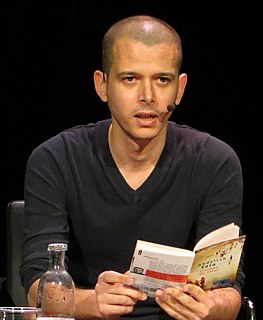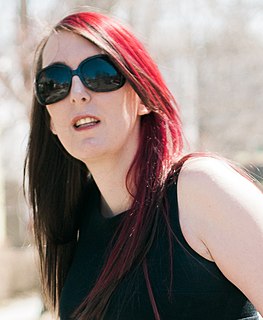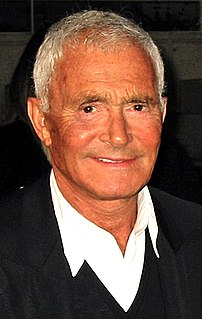A Quote by Dumitru Tepeneag
I had severed relations with the Romanian exiles who had become politically conservative and even extremely right wing; I was giving chess lessons to earn a living. Luckily we spoke quite a bit of French at home so it wasn't too difficult for me to write in my adopted language.
Related Quotes
On the other hand, Surrealism has been a part of Romanian literature since forever. Even before Tzara, who was originally Romanian, we had Urmuz, who was a surrealist before the term even existed. During Breton's era too, there was a very active Romanian Surrealist group (Ghérasim Luca, Gellu Naum, etc.) closely related to the French. They had to quit their activities as soon as the Soviet communists took over.
Being someone who had had a very difficult childhood, a very difficult adolescence - it had to do with not quite poverty, but close. It had to do with being brought up in a family where no one spoke English, no one could read or write English. It had to do with death and disease and lots of other things. I was a little prone to depression.
I started to write because of my dream to become a filmmaker. I got to know about a film school in Paris and it was my goal to get there. To do that I knew I had to learn French. In order to practice I started to write journals in French. The effort I made to master what I regarded a bad thing - a language owned by the rich Moroccans - brought me the ability to write.
Dr. Adler had instructed me to always say whatever I was thinking, but this was difficult for me, for the act of thinking and the act of articulating those thoughts were not synchronous to me, or even necessarily consecutive. I knew that I thought and spoke in the same language and that theoretically there should be no reason why I could not express my thoughts as they occurred or soon thereafter, but the language in which I thought and the language in which I spoke, though both English, often seemed divided by a gap that could not be simultaneously, or even retrospectively, bridged.
Seine et Danube was launched in 2003 with the help of Romanian authorities who had finally realized the necessity of promoting literature and Romanian culture in general. Along with focusing on the literature of the countries the Danube traversed (with an emphasis on Romania), we printed work that interested us from the banks of the Seine: French and French-Romanian authors like Cioran and Fondane. We dedicated our last edition to surrealism and Esthetic Onirisme.
It's true that in Romanian I feel more relaxed, as if I'm wearing slippers...but I came to this decision primarily for other reasons: I had only published three collections of texts in Romania. Even before my exile I was prohibited from publishing, I was ignored and forgotten. In going back to Romanian I had the opportunity to take my revenge.



































